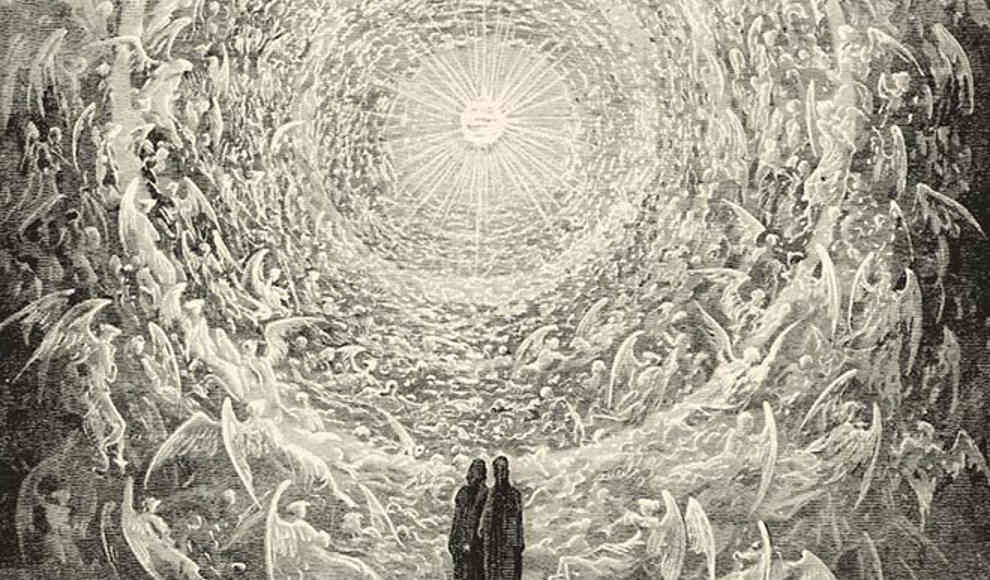For millennia, the question of whether there is life after death has captivated humanity. Now, renowned researchers from England have delivered new and surprising answers. The loss of bodily weight, a feeling of infinite peace, a bright light, an unexplainable lightness, and the appearance of mystical beings are just some of the experiences that people who have been on the threshold between this world and the afterlife have reported. While this phenomenon has been known for centuries, scientists have always been highly critical of it. However, two prominent researchers have now taken a closer look at the phenomenon of thoughts after death. Dr. Sam Parnia from the University Hospital Southampton and neuropsychiatrist Peter Fenwick from the London Institute of Psychiatry conducted a survey of 63 patients who had been declared clinically dead after a stroke but survived brain death.
To ensure that memories of their experiences did not fade, the survey was conducted within a week of the stroke. Seven survivors reported their experiences after brain death, but only four patients passed a test according to the strict Gryson scale used to evaluate threshold experiences. All of the patients reported that their sense of time had accelerated, and they had entered a completely different world from which there was no return. Although they had lost their sense of their own bodies, all of their senses were heightened. The patients included a Catholic who had lost his faith and non-practicing Anglicans. The results of the study are set to be published in the journal Resuscitation. The researchers are confident that the study provides evidence of life after death.
If the mind and brain are independent of each other, then the question of whether consciousness continues after death inevitably arises. However, there is also the question of the spiritual counterpart to humans. If the brain is a mediator of the mind, then it can soon be proven that the mind exists even when the brain is long dead, according to Sam Parnia. The British bishops Geoffrey Rowen and Stephan Sykes would only support the statement that humans are nothing more than flesh-made computers. Similarly, psychologist Christopher French of the University of London concludes from the study that the brain merely tries to make sense of the experience during a near-death experience.










